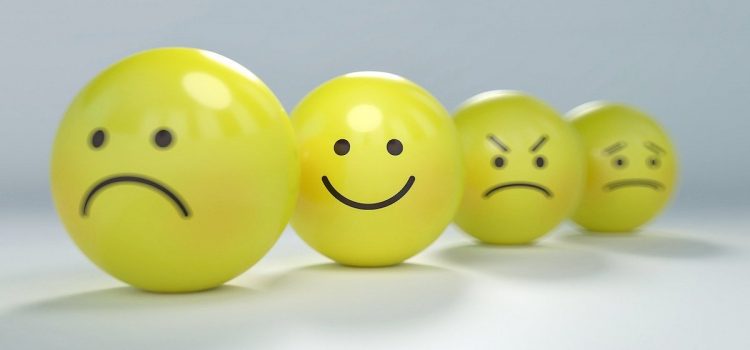What is James Nestor’s Breath about? What is the key message to take away from the book? In Breath, James Nestor argues that while the power of the breath is central to many Eastern traditions, it’s been largely ignored in the Western world. Modern medicine puts little emphasis on teaching people how to breathe correctly. However, Nestor asserts that by learning how to breathe well, we’ll improve our well-being, balance our emotions, and find more energy to live the lives we want. Below is a brief overview of Breath: The New Science of a Lost Art by James Nestor.
James Nestor: Breath (Book Overview)









